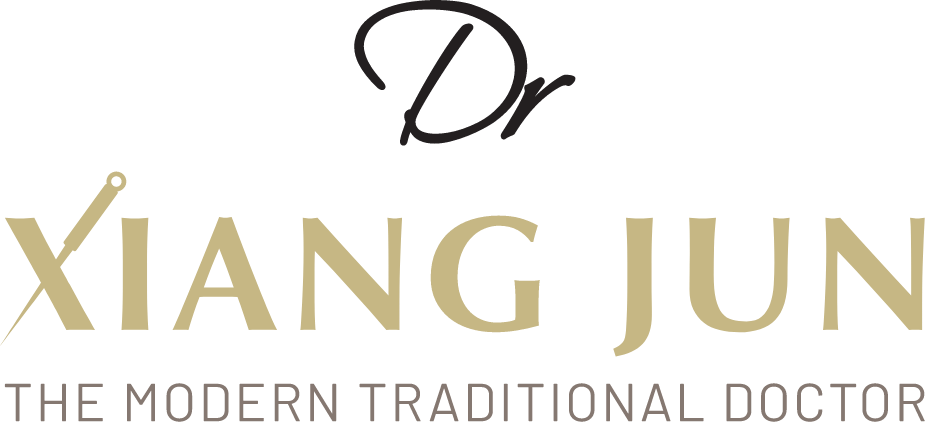3 Food Taboos for Dinner
Dinner is the last meal of the day and in accordance with Traditional Chinese Medicine Body Clock theory, 11pm is the Liver detox time. During that time, sleep is required for proper detoxification for the entire body that day. Therefore eating late for dinner will mean that the Liver will still be involved in digestive functions and not rested for detoxification to happen.
Other than timing, certain foods are also harder to digest and if such foods are not fully assimilated by 11pm detoxification time, accumulation of toxins can occur which can result in formation of illnesses and diseases in the long term. Below are the 3 food taboos for dinner as explained in Western Medicine and Traditional Chinese Medicine (TCM).
Taboo 1: Foods high in Fat
Fat takes longer to digest than other foods, and the amount of time varies based on the type of fat. On average, fat takes about 40 hours from eating to the elimination from stool.
Majority of fat digestion happens once it reaches the small intestine where most of the nutrients are absorbed. Liver produces bile which is stored in the gallbladder. Bile together with other digestive juices help to digest fats and certain vitamins.
From Western Medicine perspective
From a Western Medicine point of view, eating high fat content food late at night will cause the Liver and Gallbladder to be constantly working in producing and releasing bile. When this occurs, the Liver and Gallbladder will still be working when the body is supposed to rest during sleeping time. An overworked Liver and Gallbladder will be susceptible to inflammations and lesions and are the breeding grounds for more serious illnesses such as fatty liver, liver cirrhosis and even liver cancer.
From Traditional Chinese Medicine perspective
From Traditional Chinese Medicine, foods high in fat is heavy in Phlegm, one of the exogenous pathogenic factors that can cause illnesses such as weight gain, growths, tumours, indigestion, sluggish metabolism. Phlegm has the properties of heaviness and sluggishness which means the body will need to expend more energy just to break it down and expel out from the body. And if such heavy Phlegm content food is taken late at night, the body will still be working during sleeping time to burn away such food content, causing one to have poor sleep or disrupted sleep as the body is not rested.
Examples of foods high in fat: fatty meats, poultry skin, heavy cream, soft cheese, bacon
Taboo 2: Foods high in Calcium
From Western Medicine perspective
When foods that are high in calcium are taken late at night, the body is faced with an excess of calcium to be broken down and metabolized. The excessive calcium that are not removed from the body ultimately can accumulate in the kidneys, gallbladder and urinary tract and form stones.
From Traditional Chinese Medicine perspective
Foods that are high in calcium are considered to be heavy in the element Metal. In the Five Element Production and Counter Theory in Traditional Chinese Medicine (五行生克), foods that have high Metal element in them will weaken the Earth element of the body which is the key element of Stomach and Spleen. This means that taking foods high in calcium especially late at night will cause the Stomach and Spleen to be weakened ultimately, resulting in problems such as indigestion, bloatedness and constipation.
Examples of foods high in calcium: dairy products such as milk, cheese, yogurt
Taboo 3: Foods high in Sugar
From Western Medicine perspective
Taking foods high in sugar at night can result in excessive sugars that are not metabolized away to be converted to fats and stored in the body. This can then lead to problems related to excessive fats in the body such as obesity, heart attack, strokes. Taking foods high in sugar late at night can also increase the chances of diabetes.
From Traditional Chinese Medicine perspective
Foods high in sugar are said to be high in Dampness, which is another exogenous pathogenic factor that can cause illnesses in the body. When compared with Phlegm, one can interpret Phlegm as the denser version of Dampness. Both have the properties of heaviness, sluggishness and stickiness which can impede circulation, metabolism and cause blockages, stagnations, growths and tumours.
You can read more about What is Dampness in my past blogs and the related articles on dampness here.
Examples of foods high in sugar: desserts, cakes, chocolates, white rice, noodles, white breads
Having said that, it seems that there is literally nothing left to eat for dinner except maybe vegetable and water. In fact, one can still eat foods that are high in fats, sugar and calcium provided they have a healthy body constitution to metabolize whatever in excess away fast and also to avoid taking too much of these foods late at night to reduce the burden of the body to metabolise them instead of having the proper rest at night.
So the message is:
Take everything in moderation.
Do the right things at the right time.
In my Instagram Weekly Ask Me Anything, I have posted the 3 Food Taboos for Dinner. Watch it here!




